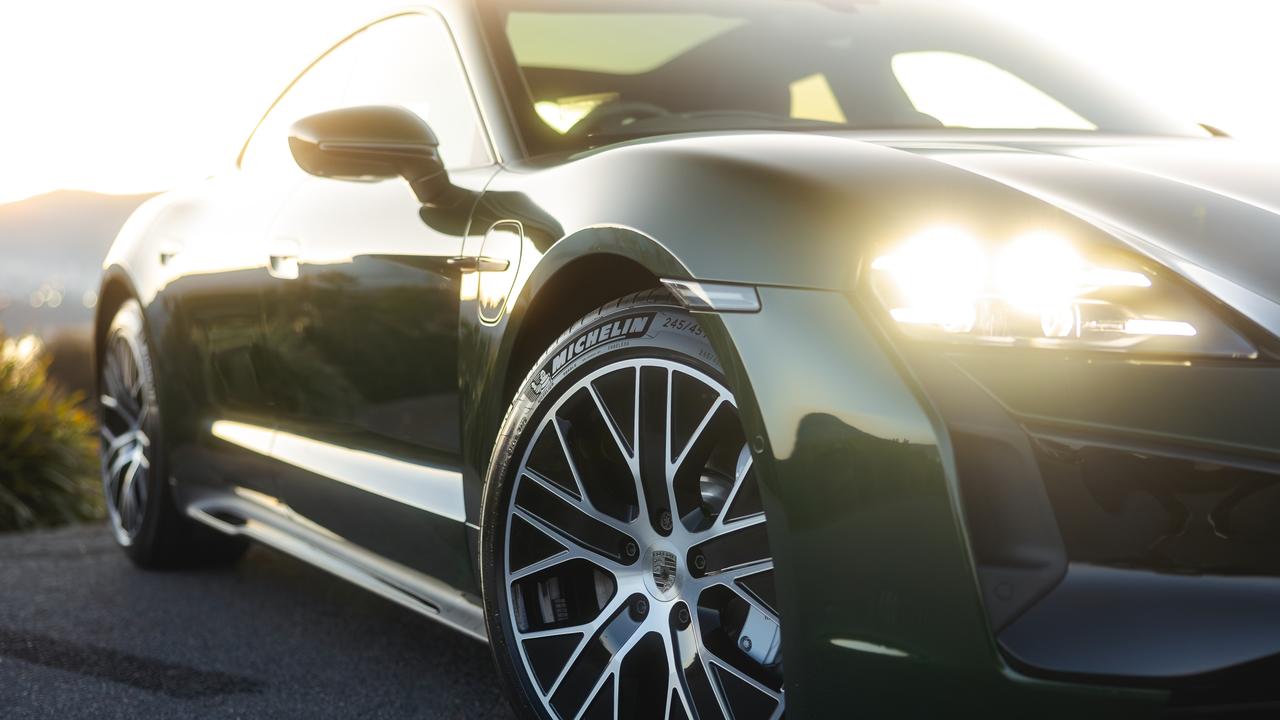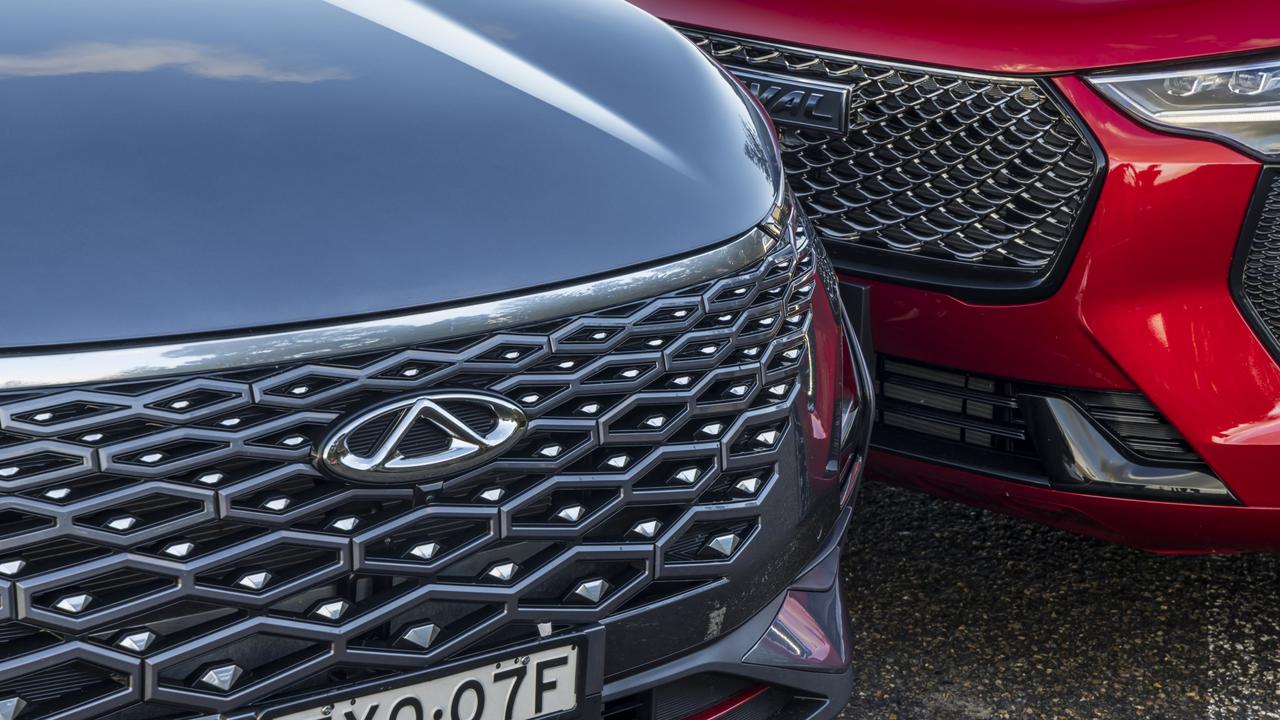Fuel efficiency standards could force brands out, expert claims
Another electric vehicle maker has quit the Federal Chamber of Automotive Industries, accusing the body of misleading the public on the government’s new emissions standards.
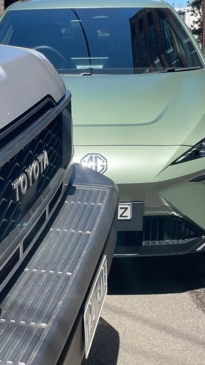
Motoring News
Don't miss out on the headlines from Motoring News. Followed categories will be added to My News.
EV maker Polestar has quit the Federal Chamber of Automotive Industries over its criticism of the Federal Government’s controversial new emissions targets.
The resignation comes a day after board member Tesla quit the chamber over its “misleading” claims that new C02 targets would add thousands of dollars to the price of some cars.
Polestar, the EV arm of Volvo, claimed the FCAI had misrepresented its position on the targets and “may have irrevocably damaged consumer perception and trust in the proposed policy”.
“The brand cannot in good faith continue to allow its membership fees to fund a campaign designed to deliberately slow the car industry’s contribution to Australia’s emissions reduction potential,” the statement by managing director Samantha Johnson says.
But the choice of wording in Polestar’s statement is interesting. It says the claims of price increases are “overblown”.
The architect of the policy, Transport Minister Catherine King, has previously told media the policy would have no effect on vehicle prices.

“The international evidence is that it does not have an impact on price,” she said.
Polestar quotes Grattan Institute modelling, which suggests prices may increase by an
average of one per cent, but the car industry anticipates significant price rises on some vehicles.
FCAI chief executive Tony Weber stood firm on his claims about price rises and said the “targets and penalties of the government’s current proposed standard are unprecedented”.
“FCAI cannot support a standard that in the short-term might meet the needs and pockets of those at the premium end of the market while potentially hurting businesses and families who may be forced to deal with less choice and higher prices next time they buy a new car,” Mr Weber said.
On Thursday, Tesla accused the chamber of “false and misleading comments” and “demonstrably false” price modelling.
“These figures are falsehoods, produced without Tesla’s knowledge or approval,” the resignation letter says.
The spat highlights the growing division between car makers who will benefit financially from the new laws and those who will face large penalties.
Globally, Tesla has made billions of dollars selling carbon credits to other manufacturers, who buy them to offset fines for their thirstier vehicles.
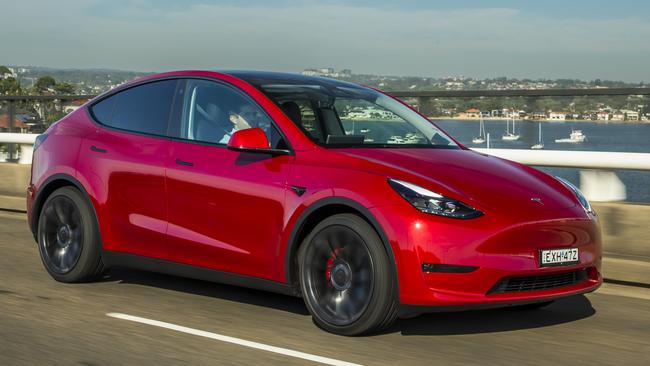
In the third quarter of last year, the brand received $US554 million ($842 million) in carbon credits, almost a third of its total profit.
EV advocates have long argued that Japanese car makers, who are lukewarm on EVs and are pushing for softer CO2 targets, dominate the FCAI.
But most industry also has genuine concerns about the pace and scope of the new scheme, which has been described by some experts as the “toughest in the world”.
Energy and Climate Change Minister Chris Bowen said carmakers such as Volkswagen, Kia, Hyundai, Volvo and BMW have issued “strong statements of support for the policy”.
But it is believed that even those supportive of the policy have recommended several significant changes.
The industry largely believes that, in its current form, the scheme could lead to price increases and could even trigger a withdrawal from the local market for some car brands.
Barbara Kiss, who was director of emissions compliance for General Motors in the US, said the Australian regulations were the “most aggressive targets in the world” and could lead to head offices reviewing their commitment to Australia.
“They are struggling with some decisions they have to make both short and long term,” she said.
She said those decisions could involve increasing prices and reducing volumes for popular but thirsty models such as utes and four-wheel-drives.
“I can change the price. It’s kind of basic economics: if I charge more for them, I’m going to sell less of them,” she said.
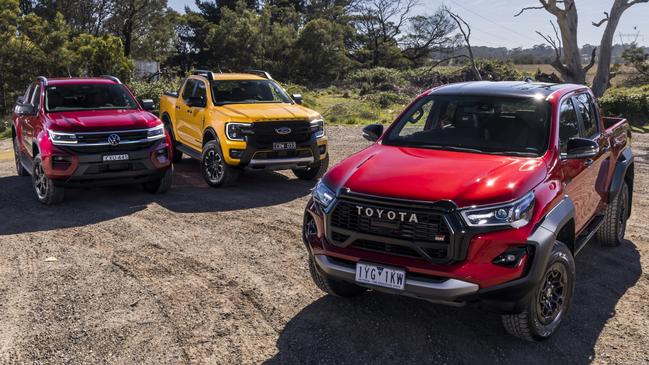
Car makers would also look at developing more efficient engines, hybrids, plug-in hybrids and EVs but “those things are not done quickly and not done cheaply”.
She said another option was to put Australia in the too-hard basket and withdraw from the market altogether.
“Here in Australia, there’s another lever, if you will, and that is to just not sell. I don’t want that to be a lever that global CEOs are thinking about.
“If we can take some of the sharp edges off the program I think that ends up being a lever that’s not so palatable and CEOs will still be able to stay in the market, make profits in the market, be able to continue to have lots of model offerings and give the consumers lots of choice,” she said.
Ms Kiss, who has helped the Motor Traders Association of Australia with their fuel efficiency submission to the government, said the Australian model ramped up too fast and risked failure because of it.
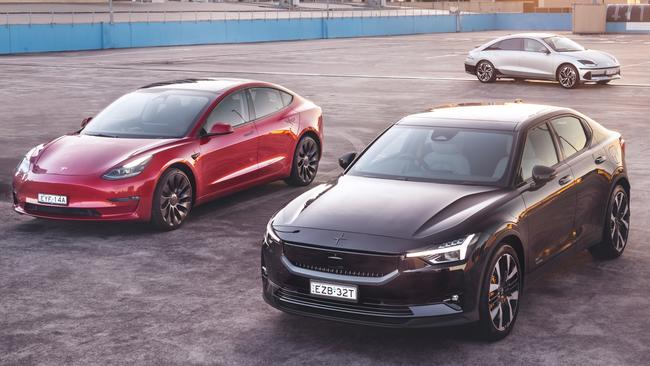
“I want this program to be a success and I would rather it did not falter and in its current state it is the hardest fuel efficiency … program in the world. I think with just a couple of small changes we can set it up for success,” she said.
She said the legislation needed to include a “fair transition” to the tougher emissions standard.
The Australian standard was particularly tough on diesel-powered four-wheel-drive wagons that towed caravans and boats.
Under the new regime, they will be expected to match passenger vehicle targets, while in the US they were given the same classification as pick-up trucks.
“What I’m afraid of is that it becomes significantly more palatable to say ‘I’m not going to offer that (vehicle) anymore’,” she said.

In the United States, manufacturers were also allowed to accumulate extra credits for selling EVs prior to the tougher regulations kicking in, which allowed them to ramp up EV sales to offset the fines that thirstier vehicles would attract.
“You need to reward good acts early,” she said.
In Australia, car makers “have nothing in their back pocket to help ease them into the program”.
The US also gave significant concessions for fuel-saving technology such as stop-start technology, more efficient airconditioning and tyre pressure monitoring.
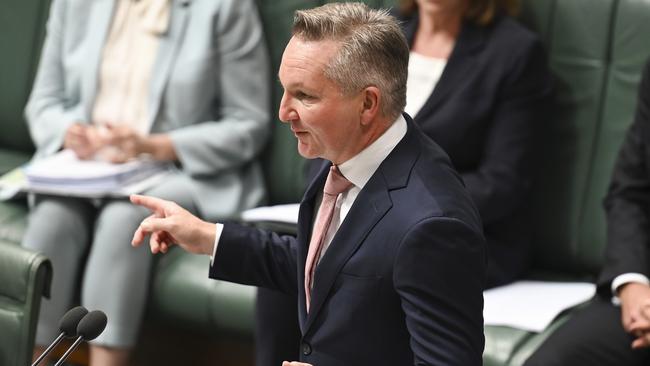
None of these incentives existed in the current Australian plan.
“If you want to do the US, then do the US,” she said.
Originally published as Fuel efficiency standards could force brands out, expert claims


